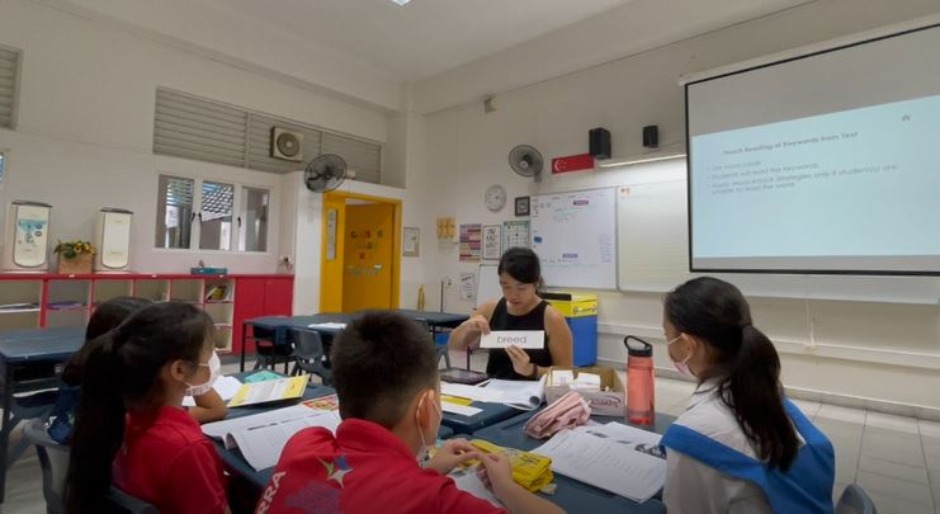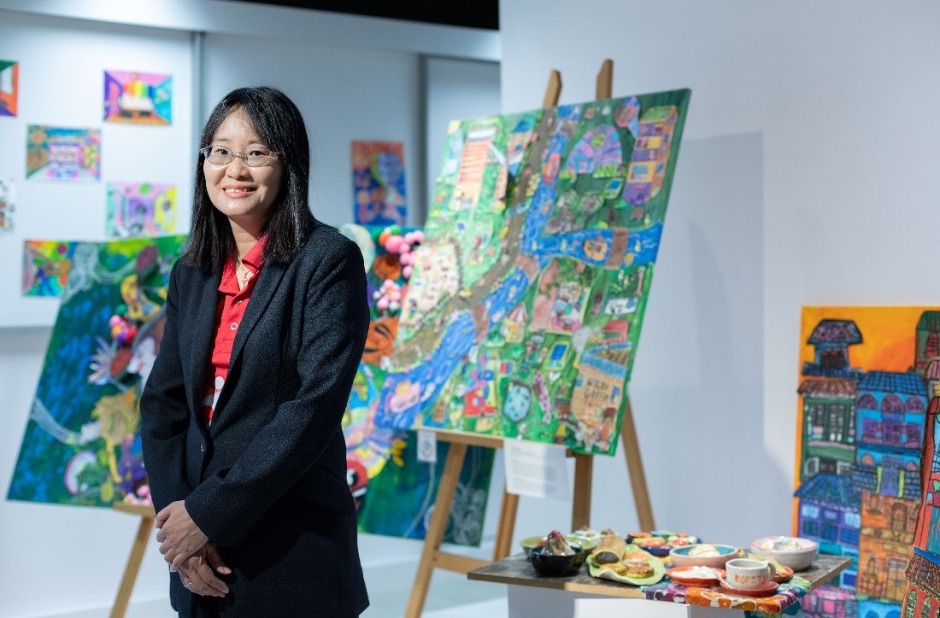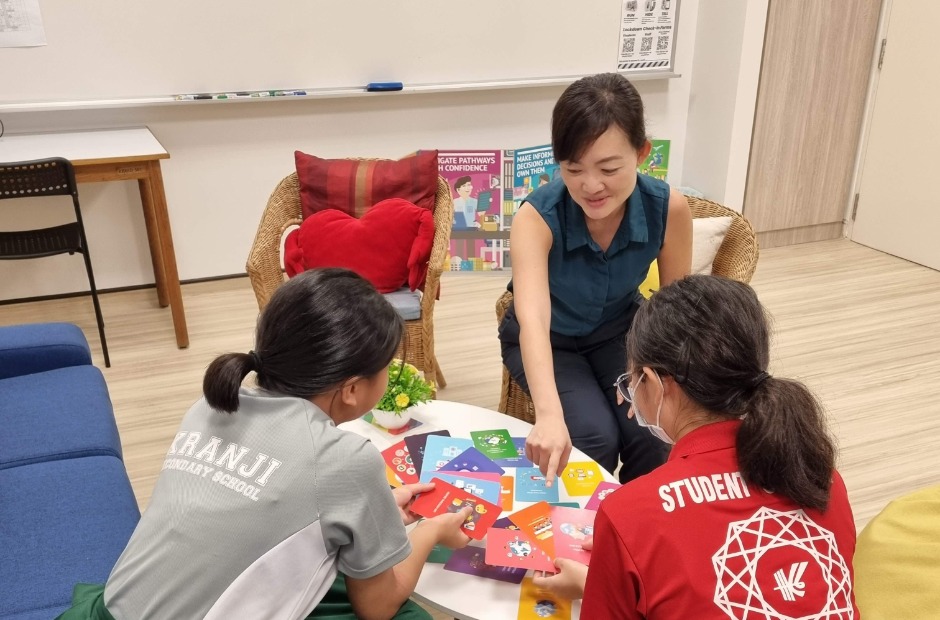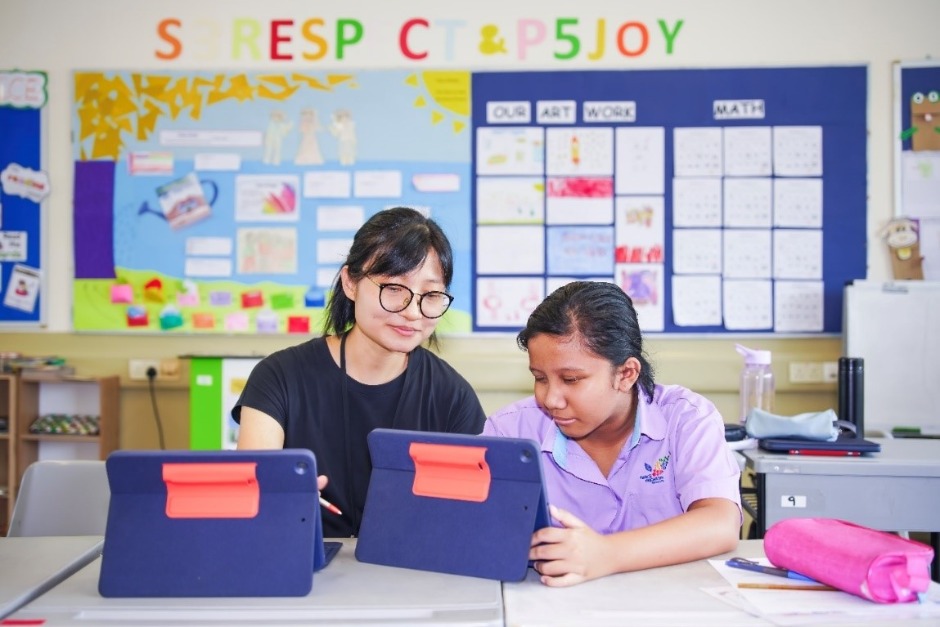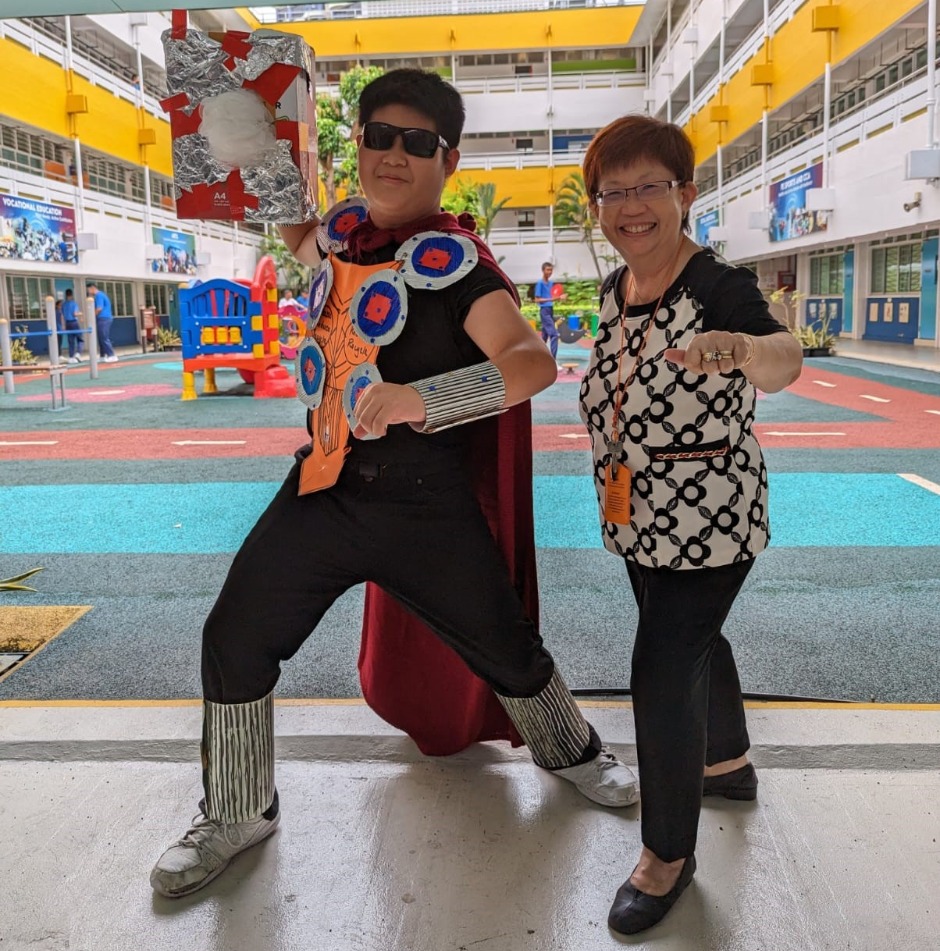SPED principal describes her journey of purpose
07 Jul 2023
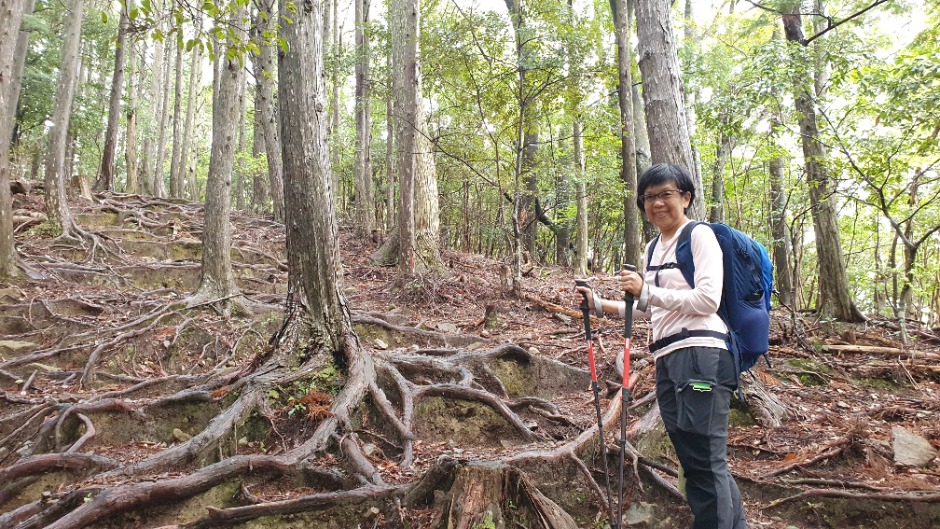
What is it like to lead a Special Education (SPED) school? In this first of a two-part series on SPED school principals, we hear from Mrs Koh Ai Lay — the current principal of Cerebral Palsy Alliance Singapore School (West).
She has served as a principal for 15 years, including close to eight years leading a SPED school. Here, she talks about the significance of a supportive learning environment for students with Special Educational Needs (SEN), her own learning curve, and the qualities she seeks in a SPED teacher.
I began my journey as a Physical Education teacher and later the principal of a mainstream school in 2005, where I had the opportunity to work with students with Special Educational Needs (SEN). There, I witnessed the transformative effect of teacher support and an inclusive school culture on students with SEN.
In my early years as a principal, we adapted our school timetable to accommodate a student with high SEN who could attend school for only half a day. Despite challenges, we successfully supported him until his graduation. This experience is one of the few significant moments that sparked my passion for SEN.
I subsequently stood down from my position for a period, during which I seized the opportunity to pursue a Master of Education (Special Education). When I was prepared to re-enter the workforce, I expressed interest in joining a government-funded Special Education (SPED) school.
I served as the principal of Cerebral Palsy Alliance Singapore School (East) (CPASS (East)) from 15 December 2015 to 31 March 2023, and was appointed principal of CPASS (West) on 1 April.
Personalised learning, transdisciplinary approaches, and more parental engagement
Joining CPASS (East), I noticed that the students had significantly greater support needs compared to students from other SPED schools. Most students, aged seven to 18 years, have lower cognitive abilities and co-morbid and complex medical conditions, such as Global Developmental Delay and Cerebral Palsy.
One of my biggest challenges was to truly understand them, get to their hearts, and let them know that we are here to help. This applies to understanding their parents’ perspective, and helping them understand what we are trying to do.
It is rewarding to see my students achieving breakthroughs and doing more than we think they might be capable of doing. To encourage this, we offer personalised learning for students with mobility and/or communication challenges.
For instance, we support students through sensory stories to engage their multiple senses and make learning enjoyable. During a lesson on the theme of “Singapore Town”, students explored different types of local dishes through smell, touch, and taste. Students also enhanced their communication skills through choice making, either verbally or by using a communication device.
I also prioritised building relationships with staff and parents to understand their aspirations for the students. Additionally, I familiarised myself with the roles and services of CPASS’ Allied Health Professionals (AHPs), such as speech language pathologists (SLPs), physiotherapists, occupational therapists, and psychologists. This helped encourage effective and meaningful collaboration between teachers and therapists in supporting our students.
“It is rewarding to see my students achieving breakthroughs and doing more than we think they might be capable of doing.”
Through the Trans-Disciplinary (Trans-D) approach implemented in CPASS, teachers and AHPs work as a team to help the students achieve their goals. Unlike the Multi-Disciplinary approach where SLPs withdraw students from class for therapy sessions, the Trans-D approach encourages staff from various disciplines to integrate their services to co-support the child.
For example, the AHPs conduct weekly sessions in class, allowing the teacher and SLP to improve students’ communication abilities together. Once the SLP assesses the suitability of an Augmentative and Alternative Communication (AAC) device — communication boards (low-tech) and iPad applications (high-tech) with features like pictures, symbols, or text that can be selected or activated for communication — the SLP will train teachers and caregivers in the use of the AAC device to enhance language learning and our students’ ability for effective communication.
By equipping parents with tools like AAC devices and other Assistive Technologies, parents can facilitate their child’s communication and development of language skills in their daily routines and in authentic learning environments. When parents are on board, their child can continue to thrive beyond school.
Fighting the urge to label
The main misconception about students with SEN stems from labelling. Oftentimes, people see the label and forget that students with SEN are in fact like everyone else, just that they require more support. Given the right support, they can be independent like everyone else.
In my early days as a SPED principal, I would volunteer to return my students’ chairs to the side of the hall after morning assembly. “Let them try it! It helps them to learn independence,” my teachers advised me.
“When educators believe students can participate in learning, they will wait and give their students every opportunity to do so.”
On another occasion, I remember a teacher patiently waiting for her student to choose his favourite animal. Her unwavering belief in his learning abilities and decision-making increased his self-confidence and active participation in the classroom. These simple but impactful lessons shifted my perspective: my students, though not the quickest to respond, can still learn given the time, space, and opportunities.
With sufficient preparation, our students could head overseas too
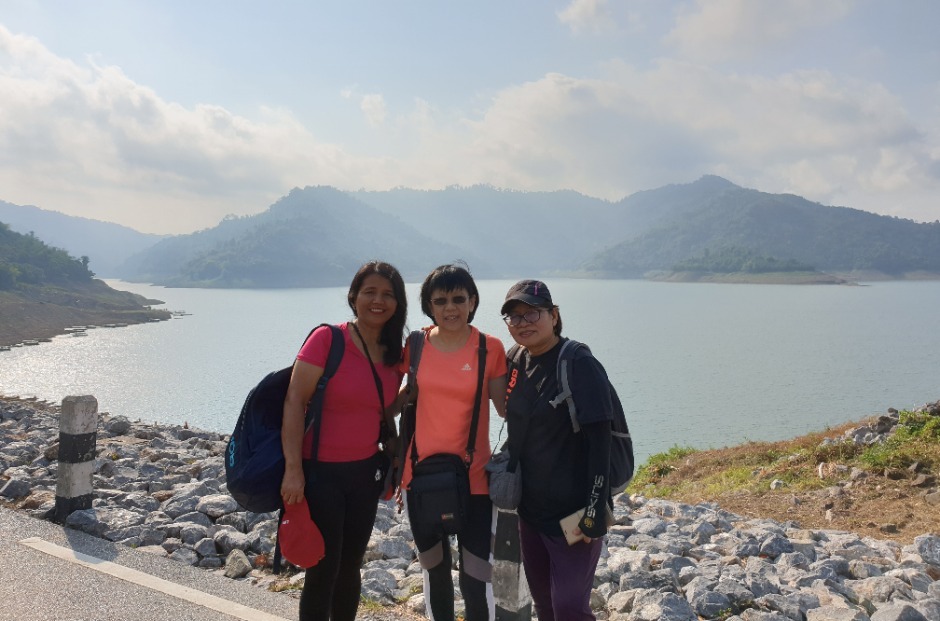
Mrs Koh (centre) on a recce in Thailand in 2019 with her staff, to plan for an outdoor adventure trip for their students.
Prior to the COVID-19 pandemic, our students had the opportunity to go on an adventure trip to Thailand, including a few in wheelchairs who could not walk independently.
A pre-trip recce ensured rigorous risk assessments, wheelchair accessibility checks, and accommodations such as extra ropes for securing students during water rafting and abseiling. Additionally, all accompanying adults were first-aid trained. Students also underwent comprehensive preparations.
For example, in collaboration with Tampines Meridian Junior College (TMJC), our students experienced rock climbing to better prepare for abseiling during the trip. Staff and students from TMJC helped and supported our students to overcome their fear of heights.
During the trip to Thailand, their comfort zones were challenged. I remember one student’s pride when she successfully descended from a zipline and eagerly asked, “Mrs Koh, can you share my photographs with my teacher?”
The team, including teachers, physiotherapists and a nurse, firmly believed that the unique learning opportunities on this trip could never be recreated in a classroom.
Students with SEN can contribute meaningfully
My goal is to empower and inspire my students to serve others, challenging the perception that CPASS students are solely beneficiaries and not contributors.
Led by students in the Functional Senior Programme and supported by schoolmates in other programmes, CPASS partnered Lee Ah Mooi Old Age Home through a Values-in-Action (VIA) project to benefit the home’s residents. The senior students utilised their skills learnt to raise funds by creating craft items, marketing online sales, and collating the funds.
Other students brought joy to the elderly by singing and playing games like Bingo. This VIA project fostered volunteerism and spread cheer.
Leading school staff to support students
As a school leader, I ensure that my staff are well-supported. During the pandemic, we practised division of labour, with each contributing where they were able. For instance, teacher aides and administrative staff assisted in temperature-taking while teachers worked closely with the curriculum teams and therapists to prepare Home-based Learning (HBL) resources.
In supporting students’ learning, caregivers play a crucial role. During HBL, my teachers and I prioritised caregiver-friendly lesson-planning and ensured resources were easily accessible. Lesson plans were translated into Mother Tongue languages for non-English-speaking caregivers, and supplemented with video resources for guidance.
School-parent communication also surged, prompting the need to aid teachers in facilitating effective communication with families.
This resulted in the development of the CPASS Parent Portal, a secure parent engagement platform that allows teachers to communicate with parents via online messages. I worked closely with my IT team and vendors to map out the school’s needs. We launched the portal in January 2022. It was a big deal for our school, and one of those moments I am proud of.
My message to aspiring SPED teachers
For educators in SPED schools, people think that you need a special set of abilities and qualifications – which is far from true. Instead, what you might need is a special belief.
Besides the certifications, what you do need is resilience, perseverance, passion, and the firm belief in SPED students’ capabilities.
As a SPED teacher, you will go against all odds to guide students towards a future of independence and purpose in society.
To end, the inaugural prom night for CPASS (East) graduates in 2019 holds a special place in my heart. It was a joyous occasion when the graduates, their families, teachers, and AHPs came together to celebrate the milestone. The sight of the students and their loved ones dancing the night away moved me to tears.
It was an undeniable testament to the impact of the school in nurturing our students’ independence.
More stories on Special Education (SPED):
- Her staff and students fuel this principal’s passion for special education
- Once a SPED student, now I coach SPED students
- Celebrate progress: past, present and future for SPED
- Journey Together – Giving Back to Community
- Journey Together – Partnering Community
We are on Telegram! Subscribe to our channel: https://t.me/schoolbag_edu_sg

